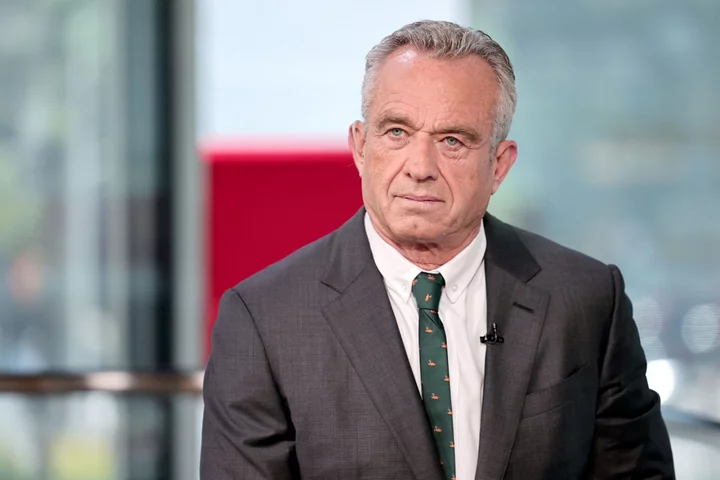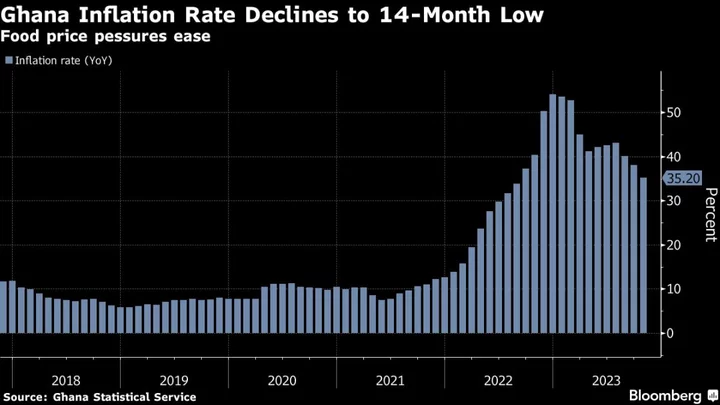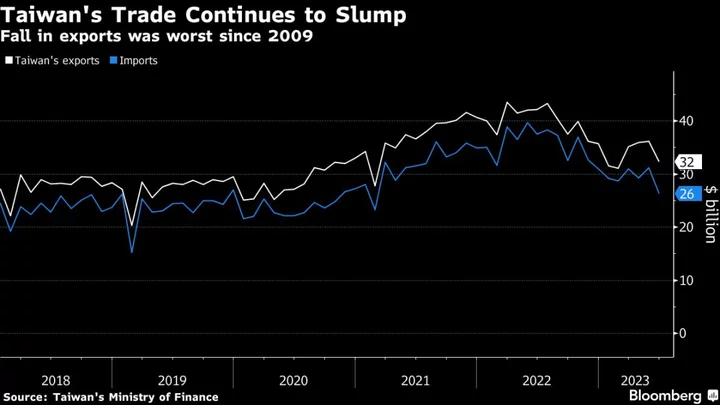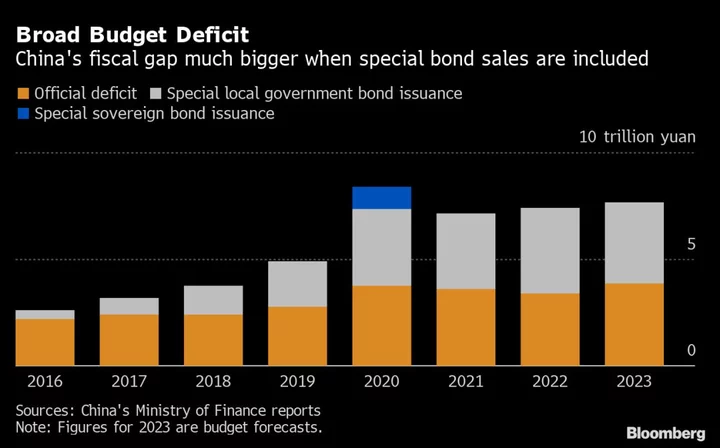Robert F. Kennedy Jr., the scion of one of America’s most prominent Democratic families, is dropping out of the race for the 2024 Democratic presidential nomination and instead running as a third-party candidate.
“I’ve come here today to declare our independence from the tyranny of corruption, which robs us of affordable lives, our belief in the future, and our respect for each other,” Kennedy told supporters Monday at an event in Philadelphia.
“But to do that, I must first declare my own independence — independence from the Democratic Party and from all other political parties. I haven’t made this decision lightly. It’s very painful for me to let go as a party of my uncles, my father, my grandfather and both of my great grandfathers.”
The move gives the 69-year-old attorney and activist a more certain lot in next year’s general election. But it will still be tough for Kennedy to qualify for state ballots without a party apparatus behind him.
With an independent presidential bid, Kennedy occupies an increasingly crowded field of big-name alternatives to a two-party system that appears likely to nominate President Joe Biden and Donald Trump in a rematch of the 2020 election.
American Values 2024, the super political action committee that supports Kennedy’s campaign, has raised about $17 million so far and expects that number to grow after the announcement, said Tony Lyons, the super PAC’s co-chair and co-founder.
Cornel West, an academic and progressive activist, said last week he was abandoning his bid for the Green Party nomination to run as an independent. And the centrist group No Labels is laying the groundwork for a bipartisan “unity ticket” to run against Biden and Trump.
All of those independent candidacies would be a long shot, but any one of them could risk playing spoiler in an unpredictable election. Under the Electoral College system, an independent candidate might only need to tip the balance in one or two states to change the outcome of a close election.
Kennedy is the son of Robert F. Kennedy, the former New York senator and US attorney general whose own presidential ambitions were cut down by an assassin’s bullet in 1968. His uncles — President John F. Kennedy and Massachusetts Senator Ted Kennedy — were just the most prominent members of a clan that has also produced congressmen, ambassadors and other top government officials — always serving as Democrats or in Democratic administrations.
But in mounting a challenge to Biden from within the Democratic party, Kennedy found that the rules were stacked against him. Biden used his influence to change party rules to punish candidates who campaign in New Hampshire — a state where Kennedy’s libertarian-tinged brand of New England liberalism might have an appeal — in favor of South Carolina, a Biden stronghold.
Kennedy’s idiosyncratic positions on issues didn’t neatly fit in the Democratic party, and he found much of his support coming from Republican and independent voters. A Messenger/HarrisX poll last month showed Biden leading Kennedy 61% to 16% among Democratic voters nationally. But the poll also found that Republican and independent voters view Kennedy more favorably than Biden, perhaps giving him more room to grow his support outside the Democratic party.
“The country is sitting on top now of a powder keg,” Kennedy said Monday. “Americans are angry at being left out, left behind, swindled, cheated and belittled by a smug elite that has rigged the system in its favor.”
The Republican National Committee responded to the announcement by calling Kennedy “a typical Democrat politician” who was trying to fool Republican voters.
“He’s not even close to an ‘independent,’” said RNC Rapid Response Director Jacob Schneider. “RFK Jr. knows full well he’ll ‘take more votes’ from the Republican nominee; that’s why he’s running.”
Kennedy describes himself as pro-union, pro-environment and anti-war. But some of his positions are more aligned with the post-Trump Republican party. He was a vaccine skeptic long before Covid-19. He has advocated a more isolationist foreign policy, railed about the influence of tech companies and embraced cryptocurrencies.
“I think it will work 100% to his favor,” Bren Logan, a Philadelphia-area supporter who attended Monday’s event, said of the independent bid. “Now is the time for an independent candidate who could win, and he is definitely the candidate of a lifetime.”
Kennedy has often espoused conspiracy theories — about vaccines, gender dysphoria, AIDS and the assassinations of his father and President Kennedy. He’s also courted controversy with anti-Semitic remarks. At an anti-vaccine rally last year, he said vaccine mandates were fascist and that Anne Frank, who died in the Holocaust, was better off than workers subject to vaccine mandates because she could hide in her attic. The remark was widely condemned — even by his wife, actress Cheryl Hines of HBO’s Curb Your Enthusiasm — and Kennedy later apologized.
(Corrects state that the elder Robert F. Kennedy represented in Congress in ninth paragraph)









